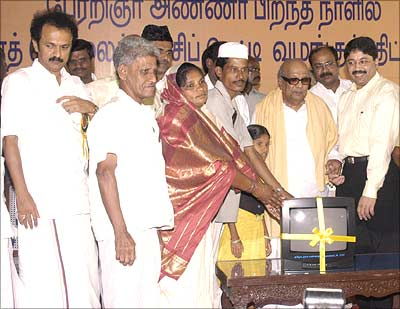Ditch the Budget, Go for Five Reforms Instead Dear Prime Minister

Prime Minister Narendra Modi Addressing Media Ahead of the Budget Session 2025 For the last few years, we have been solely missing reform in our government action. Instead, we have been seeing an attempt at tax tinkering in the name of simplification, not just for individuals, but also for corporates, being passed off as reforms. Now, the problem, as Professor Prassana Tantri explains well in this chat on the popular podcast Vaad, is that these things will be meaningless in the presence of tax targets being set regularly to fund government expenditure. It is a must watch, and can be seen at the link below. This literally hurts – India cannot be a consumption economy like the United States of America, despite all the people who are perhaps advising the government to do so, inspired by the motherland of the Chicago School of Economics which is widespread across American thought. However, the policy advisory of raising funds comes from the European model, which a country with 800 mi...



